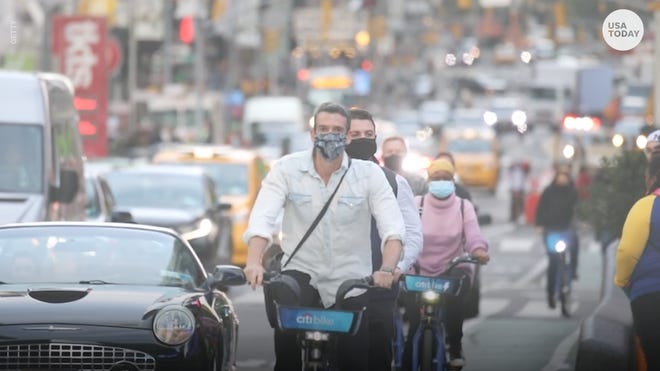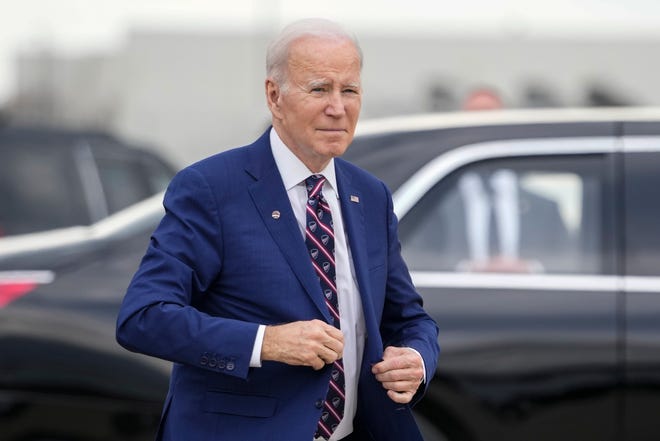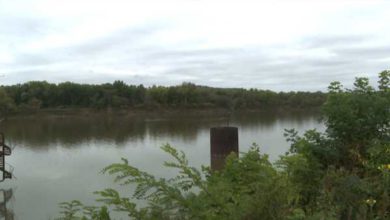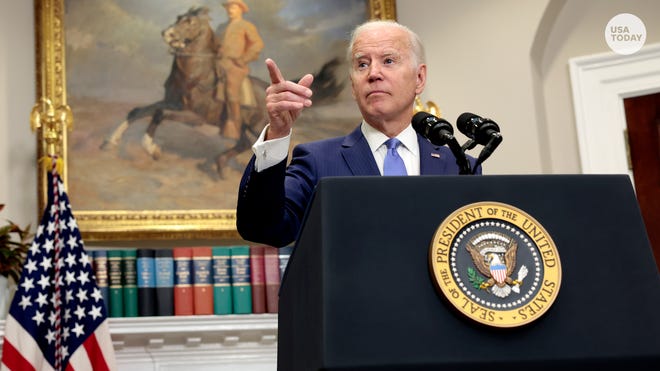
The car bomb that killed hardline TV commentator Daria Dugina near Moscow was the work of a Ukrainian woman who fled to Estonia after the blast, the Russian security service said Monday.
"The crime was prepared and committed by the Ukrainian special services," the Russians said said in a statement outlining its findings on Saturday's explosion.
Ukraine presidential adviser Mykhailo Podolyak dismissed the claim, tweeting that Russian propaganda "lives in a fictional world." The Estonian Foreign Ministry did not immediately respond to a request for comment.
Dugina was the daughter of prominent Russian nationalist Alexander Dugin, an ultranationalist and strong supporter of the invasion who has for years called for Russian annexation of Ukraine.
Angry Russians called for attacks on Ukrainian government buildings, and Ukraine government workers were told to work from home this week. The Kyiv military administration has banned mass events in the city through Thursday due to the "high probability" of rocket attacks.
Russian security services said suspect Natalia Vovk arrived in Moscow a month ago with her 12-year-old daughter and rented an apartment in the building Dugina lived in. On the day of the blast, Vovk and her daughter attended the literary and music festival Tradition, where Dugina was an honorary guest. After the remote-controlled explosion, Vovk and her daughter fled through the Pskov Region to Estonia, the security services said.
Saturday was Estonia's Restoration of Independence Day, marking 31 years since the end of Russia's occupation of the nation of 1.3 million people.
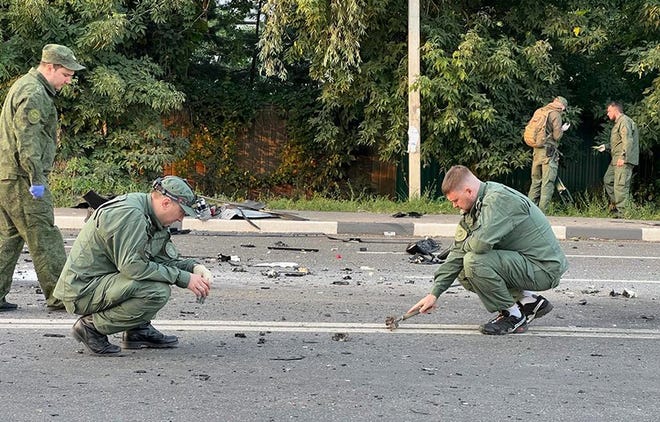
Latest developments:
►Almost 9,000 Ukrainian "heroes" have died in the war, said Valeriy Zaluzhny, commander-in-chief of the Ukraine military, on Monday. Russia has not released its fatality totals.
►A poll of Ukrainians founds that 92% of respondents believe their country will win the war. The survey was conducted by the Ilko Kucheriv Foundation, an independent Ukrainian think tank.
►Air defenses in the Crimean city of Sevastopol repelled a Ukrainian assault at a military airfield, said Russian-appointed regional leader Mikhail Razvozhayev via Telegram on Sunday, a day after a drone attack on Russia's Black Sea fleet in the same city also apparently failed.
Dugin rejects vengeance in daughter's death, calls for 'victory'
Alexander Dugin issued as statement dismissing calls for vengeance in the car bombing death of his daughter, instead urging the Russian nation to focus on winning the war.
Dugin said Daria Dugina was "brutally killed by an explosion in front of my eyes." He lauded her "profound, grounded and restrained" hardline speeches and said she never called for violence. He said a memorial service would be held Tuesday.
"She was a rising star at the beginning of her journey," Dugin said. "Our hearts yearn for more than just revenge or retribution. It's too petty, not in the Russian style. We only need our victory."
EU foreign policy chief opposes blanket ban on Russian visas
The European Union’s foreign policy chief Josep Borrell called on the bloc not to ban all Russian visas, saying the EU shouldn’t open its doors to oligarchs but many Russians want to flee the country because they don’t want to live in this situation.
Estonia Prime Minister Kaja Kallas and Finnish counterpart Sanna Marin are among European leaders calling on the EU to stop issuing tourist visas to all Russians. The Finnish government agreed last week to cut back the number of visas issued to Russians after tourists began entering Finland en route to European vacations following Russia's lifting of pandemic-related border restrictions a month ago.
"To forbid the entrance to all Russians is not a good idea,” Borrell said.
Ukraine losses exceed $100B, economist says
Direct losses to the Ukrainian economy from the war have reached $113.5 billion, said Maksym Nefyodov, head of reform support projects at the Kyiv School of Economics Institute, during a nationwide television marathon, Ukrinform reports.
Images of the destruction and damage to the infrastructure of Ukraine, collected with the help of UAVs and satellites, are being actively analyzed to record the damage caused and to prepare for restoration of devastated cities, Nefyodov said.
"There is another direction of our research – needs for recovery," Nefyodov said. "And the 'Russia Will Pay' project is actively developing in this direction."
Contributing: The Associated Press


